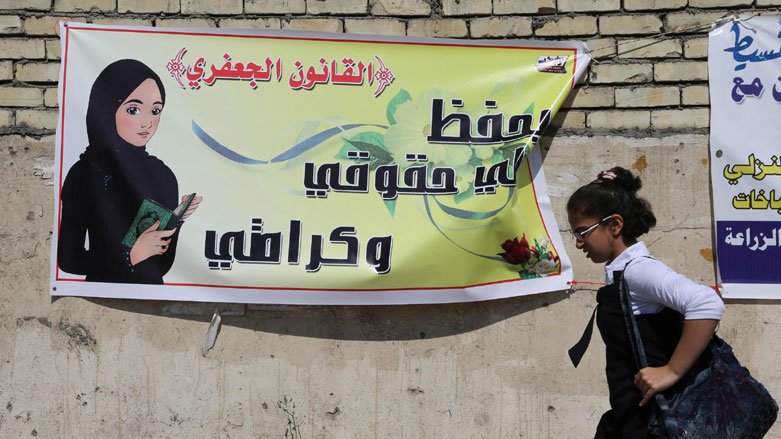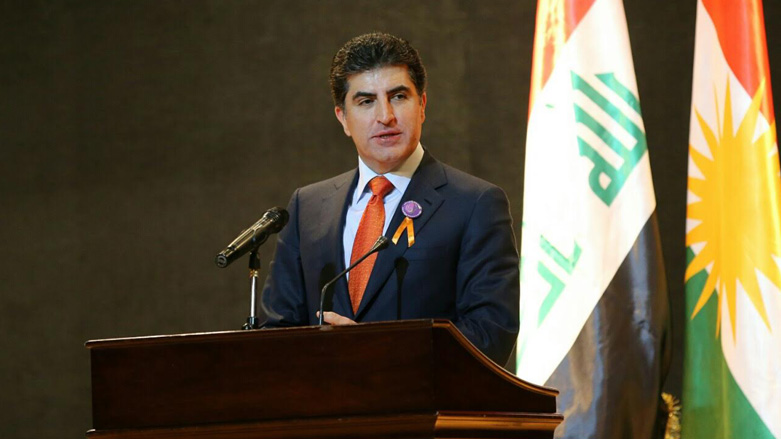Iraq’s child-marriage law temporarily blocked

ERBIL, Kurdistan Region (Kurdistan 24) – An Iraqi committee in November rejected a draft bill, which allowed for girls as young as 9-years-old to married off, after mounting pressure from the UN, the US, and the Kurdistan Regional Government (KRG), a Human Rights Watch report revealed on Sunday.
According to the report, the head of the women’s rights committee in Iraq’s Parliament rejected the proposed amendments altering the legal minimum marrying age in Iraq in mid-November, effectively blocking the bill.
“Parliament’s women’s rights committee has made a great contribution to Iraqi society in rejecting this effort to scuttle Iraq’s family law protections,” said Belkis Wille, senior Iraq researcher at Human Rights Watch. “Threats by lawmakers to dismantle protections under the current law and restore discriminatory laws would be devastating to women’s rights.”
The proposed statutory changes, however, can still be pushed through parliament. “While lawmakers may have failed this time around, the threat of these terrible amendments still looms, and is being used as leverage to try to whittle away at key human rights protections in the domestic violence law,” Wille said.
The draft law had received criticism from officials in the Kurdistan Region as well as the United States. However, some rights organizations believe that Iraqi Members of Parliament will continue to push for the amendments in the lead up to the 2018 elections.
Baghdad’s lawmakers in favor of the amended marriage law also threatened to continue to push for the amendments unless the women’s rights committee dropped key protections in a domestic violence bill pending before parliament since 2015, claimed Hanaa Edward, the founder and general secretary of Al-Amal Association.
“The proposed amendments seek to establish sectarianism and undermine the principle of citizenship and national identity of Iraq,” Edward told Human Rights Watch. “The amendments would violate key rights enshrined in Iraq’s constitution and laws, and would treat women as inferior to men.”
Iraq’s current personal status law goes back to 1959. It was approved in the wake of the overthrow of the Iraqi monarchy in a military coup led by Gen. Abdul Karim Qasim in July 1958.
It established the minimum age for marriage as 18; restricted polygamy; and banned forced marriages. It has remained in effect for the past 58 years.
“The government of Iraq must take all necessary actions to protect every child by preventing the adoption of policies that can harm children already exposed to armed conflict,” the Special Representative of the United Nations Secretary-General (SRSG) for Children and Armed Conflict, Virginia Gamba, warned earlier in November.
On Nov. 10, Fairooza Taha, Deputy Head of the Kurdistan Parliamentary Committee for Human Rights, denounced the proposal to Iraq’s Personal Status Law as “obviously against the internationally-recognized rights of women and children.”
She also explained that the amendments, which have been likened to measures applied by the Islamic State (IS), would not be implemented in Kurdistan, which has its own government and parliament.

